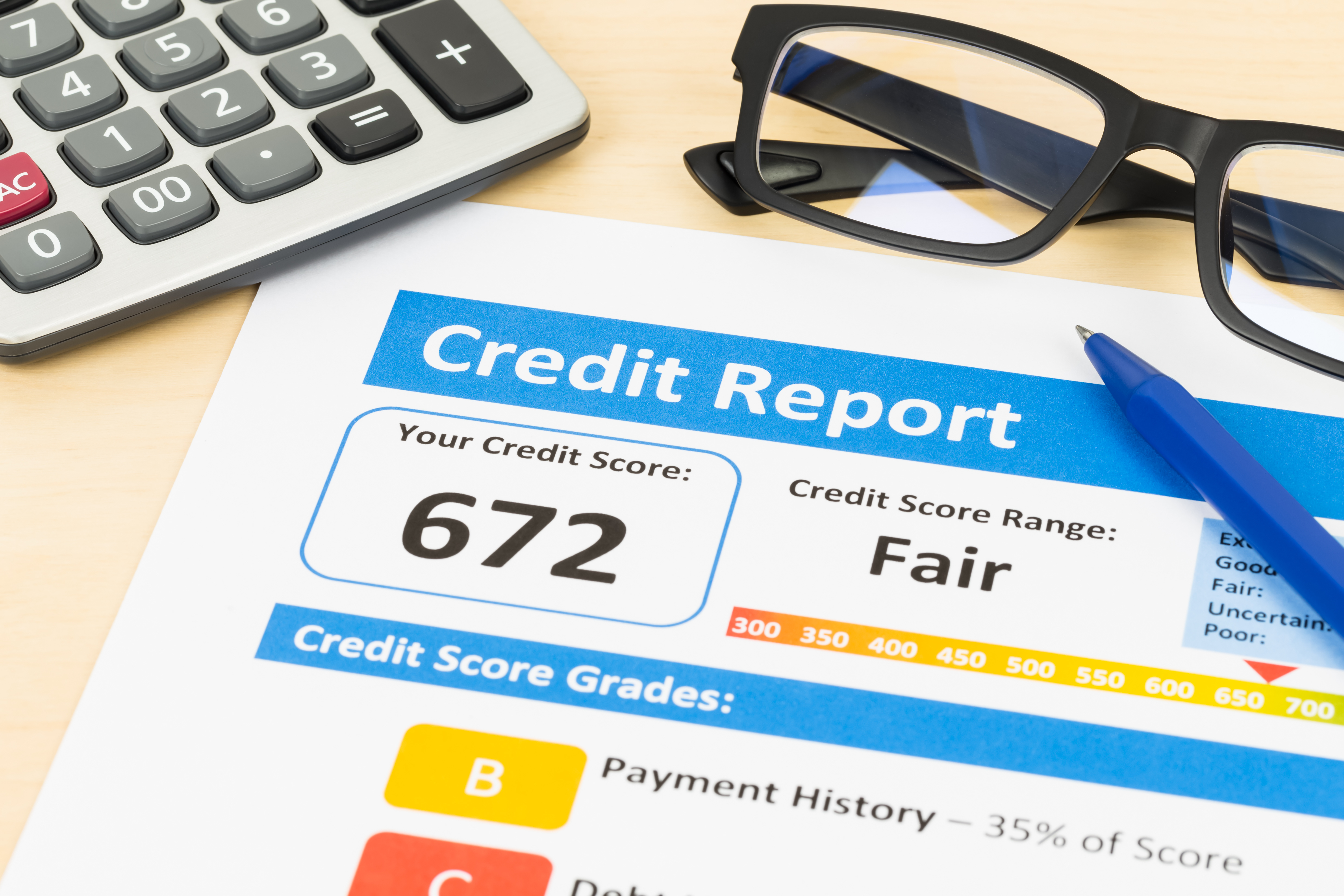FINANCIAL ADVICE | improving your credit
Why You Should Monitor Your Credit Score
Published February 11, 2019

Key Takeaways
- Borrowers with a high credit score will get low interest rates.
- Credit fraud is a common crime that can lower your credit score.
- Credit Union of Texas offers complimentary credit and identity monitoring as an extra feature of the Secure Checking and Secure Plus
You rely on credit scores and reports when making major purchases. Lenders will approve or deny loans that you apply for based on your credit history. Some employers, insurance companies, and utilities may review your credit report before offering employment or service rates.
Why monitor your credit?Credit monitoring helps you know your credit score before applying for financing, and more importantly it helps catch potential fraud or mistakes associated with your credit accounts.
Borrowers with a high credit score will get low interest rates. Lower interest rates will save you money on loans. If you’ve spent years building your credit, you need to protect it. Otherwise, your hard work can be hurt by financial missteps, inaccuracies, or because of fraud.
How can you monitor your credit?Your credit report details your current credit activity, account balances, payment history, and the types of credit you hold. Reviewing your credit report regularly ensures that nothing on your report is out of place or incorrectly reported. You can visit annualcreditreport.com to access your full credit report for free, once per year.
Similarly, you can get free credit scores from your credit union or bank, or from a free credit reporting website. Your credit score is less detailed than the full credit report, but sudden changes in your score will let you know to take a closer look.
How can your credit be stolen?Credit fraud is a common crime that can lower your credit score. Criminals can obtain your financial information through a data breach, by stealing your card, or by skimming your card information. Fraudsters with your financial information can take out loans, make purchases or open new lines of credit, leaving you with the bill.
Too often victims don’t know their information has fallen into the wrong hands until their credit has been hurt. Protect yourself from credit fraud and identity theft by enrolling in a credit score monitoring service.
What legitimate activity can lower your credit?Taking out too many loans, taking on too much debt, missing repayment deadlines, and defaulting on loans will lower your credit score.
Should I sign up for credit monitoring?Some banks and credit unions offer credit monitoring services as well. Credit Union of Texas offers complimentary credit and identity monitoring as an extra feature of the Secure Checking and Secure Plus Checking accounts.
Services like LifeLock and TrustedID include credit monitoring among other identity protection services can cost up to $30 or more per month.
Credit Karma is a completely free credit monitoring option. Credit Karma will track your credit with two of the three major agencies and will alert you if suspicious activity is detected.
How can you protect your identity and your credit?
Regularly scan your financial statements for any purchases you did not make. You can also arrange to receive alerts when your credit balance increases or a transaction is made. If you come across transactions you don’t recognize, tell your credit provider immediately.
Protect yourself by using strong passwords for your online financial accounts. Shred any documents with account numbers or private information and make sure no one has unapproved access to your accounts.
Equifax, Experian and TransUnion are the three credit reporting agencies. They will each provide you with one free credit report per year. Apply for a report with one agency every four months. Review your credit reports carefully to spot illegal activity.
